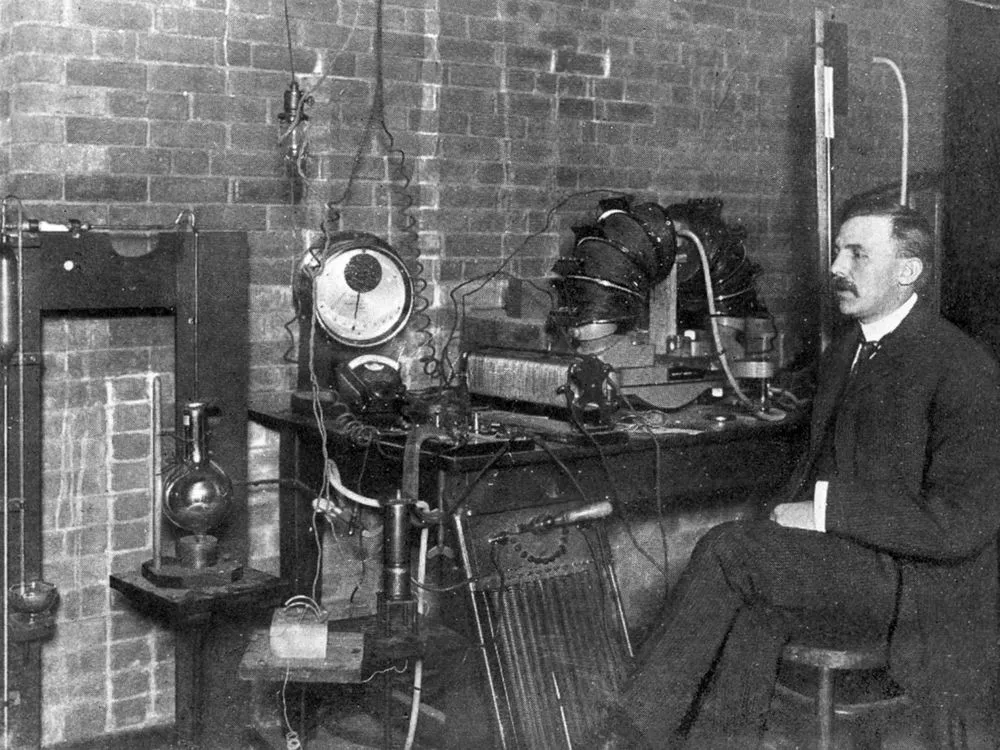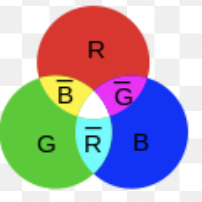Spinoza has been lurking in the background of my life. Someone I need to read at some point. It all stems from that famous quote of Einstein's about god and how he believes in a Spinozian concept of god. Lots of folks I respect seem to value Spinoza. Well, I haven't made the time (or maybe I have at some point and was overwhelmed by the opaqueness of his writing, I honestly am not sure).
Attributed to Socrates, my favorite pithy saying has long been "The unexamined life is not worth living". I considered it a metaphor for why one should pursue knowledge and understanding over the material things in life. But I have never unpacked it more than that.
So, imagine my surprise when I came across a random youtube video (bet you've never done that before!) about Spinoza and encountered this masterful unpacking of my attaction to the Socrates saying:
"The difference is between a man who is led only by an affect or by opinion, and one who is led by reason. For the former, whether he will or no, does those things he is most ignorant of, whereas the latter complies with no one's wishes but his own, and does only those things he knows to be the most important in life, and therefore desires very greatly. Hence, I call the former a slave, but the latter, a free man.' "
So there it is, those living the unexamined life are slaves to their own subconscious or, worse yet, their blindly internalized values inserted into them by the societies into which they were born. Thank you, Spinoza - I understand myself a little bit better now. (A little less of a slave to my inner, opaque mechanisms?)
Another thing lurking in my life is an attraction to Buddhist meditative practices. Once again, my fascination with meditation has never been central features of my life in a way I would aspire it to be. I'm attracted to the idea of separating from my emotions. Acknowledge them but not be owned by them (one of the many reasons I love the Bene Gesserit's "Fear is the mind killer" mantra): Let them pass through me. Lazily however, I just sort of admire Buddhist meditative practices as goals 'out there'. I'll get around to being serious about it after I read some of Spinoza's works or something...
And, then, in the same video, I got hit with another Spinozian truth-bomb that elucidates this, other, interest of mine in a sophisticated way:
'If we separate an emotion-affect from the thought of an external cause and join it to other thoughts, then the love or hate toward the external cause is destroyed, as is the mental instability arising from these affects."
 |
| AI art |
Einstein, you may be a pretty smart guy, introducing me to the idea that Spinoza may have something to say!


























